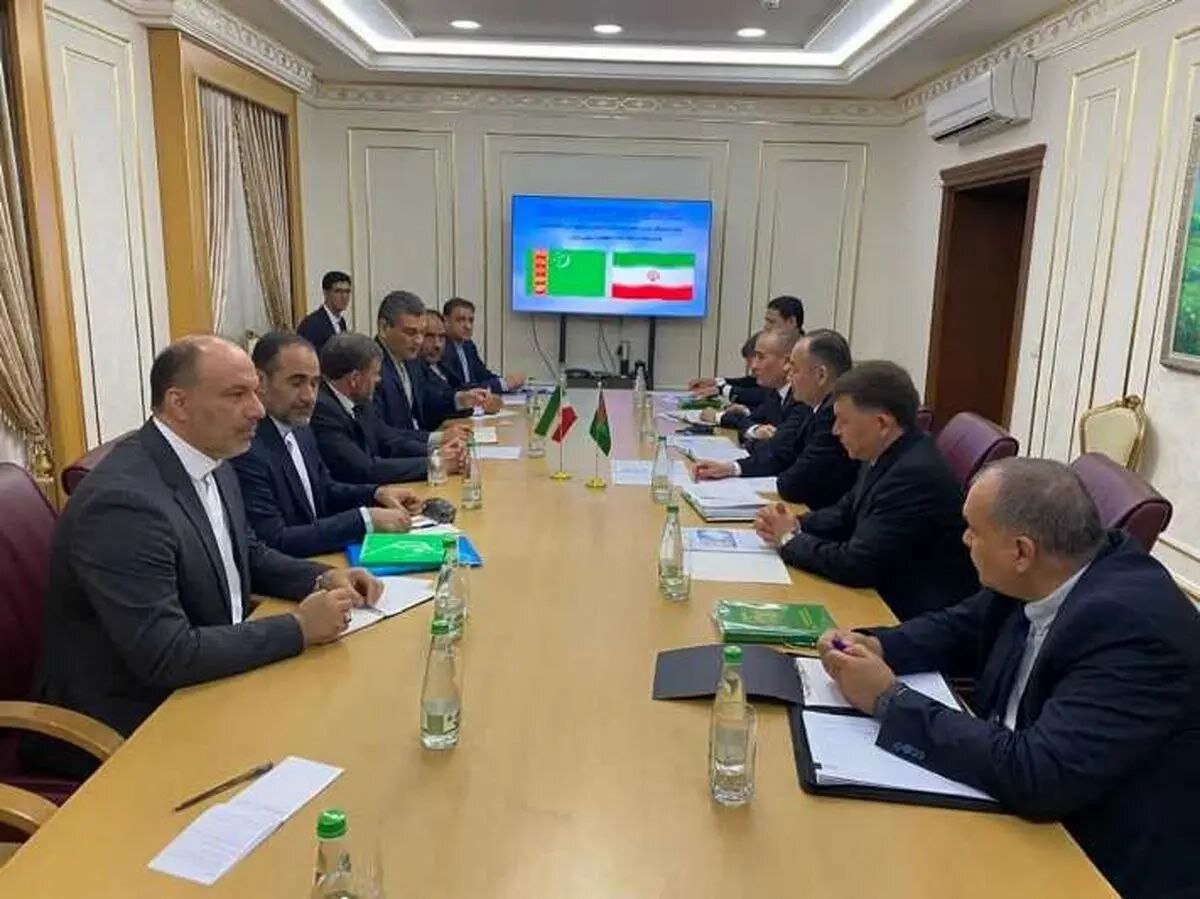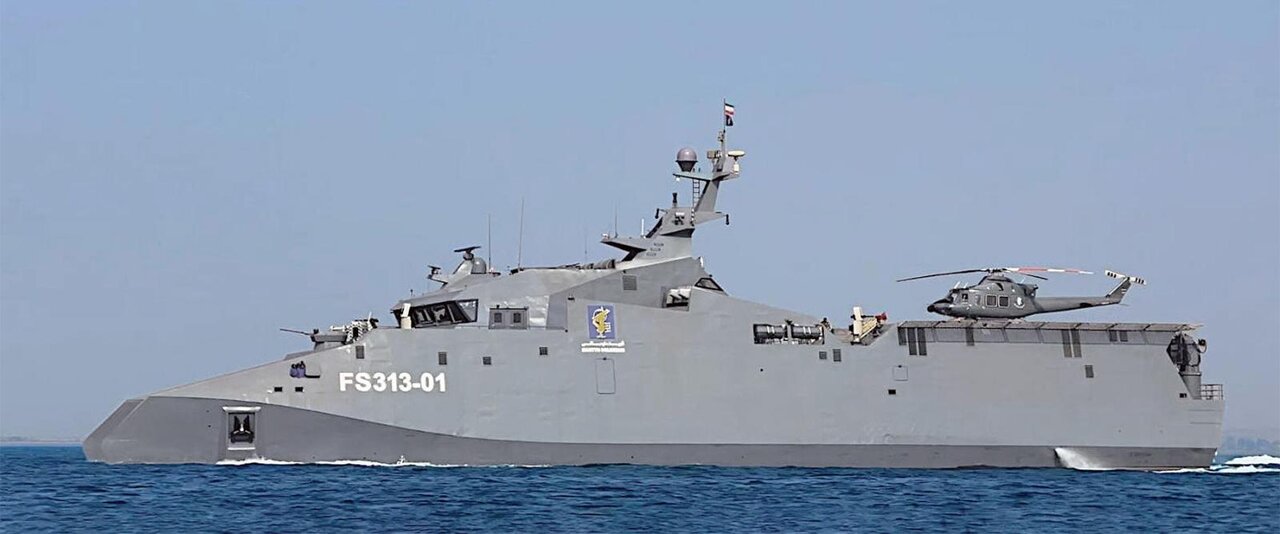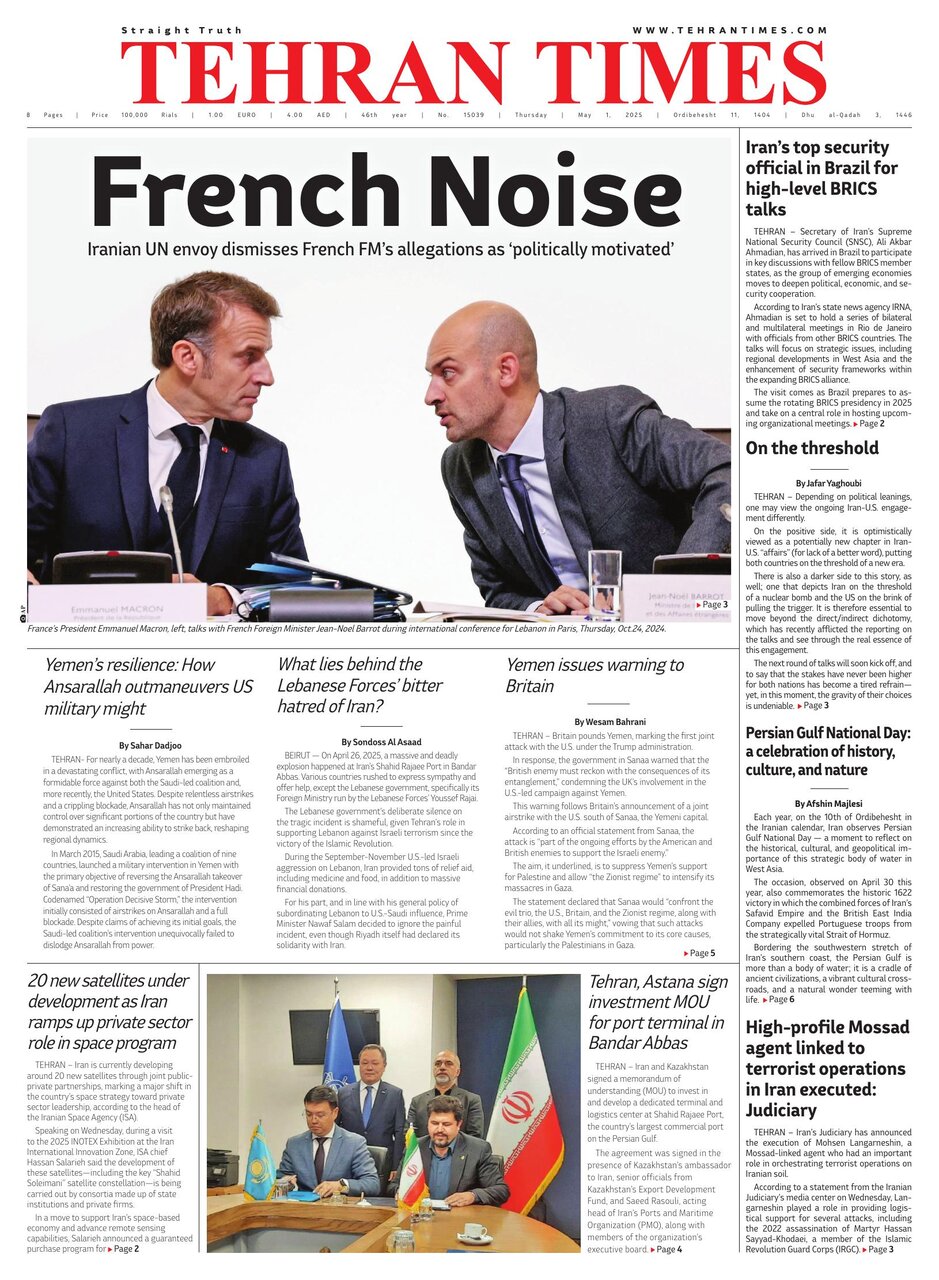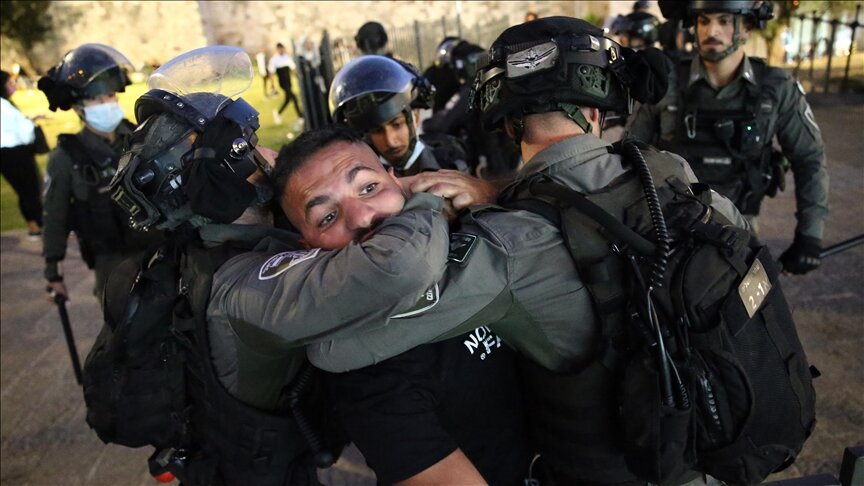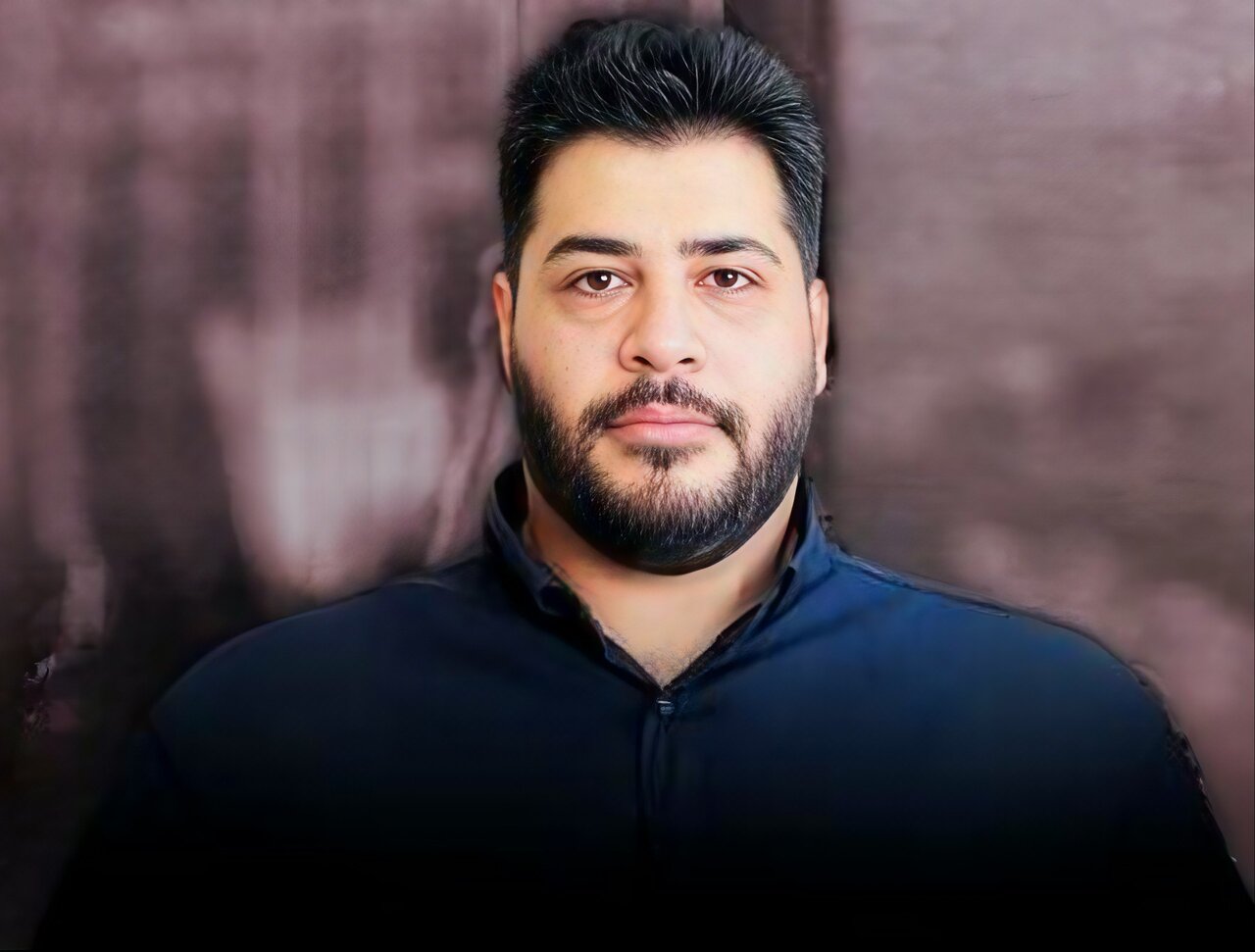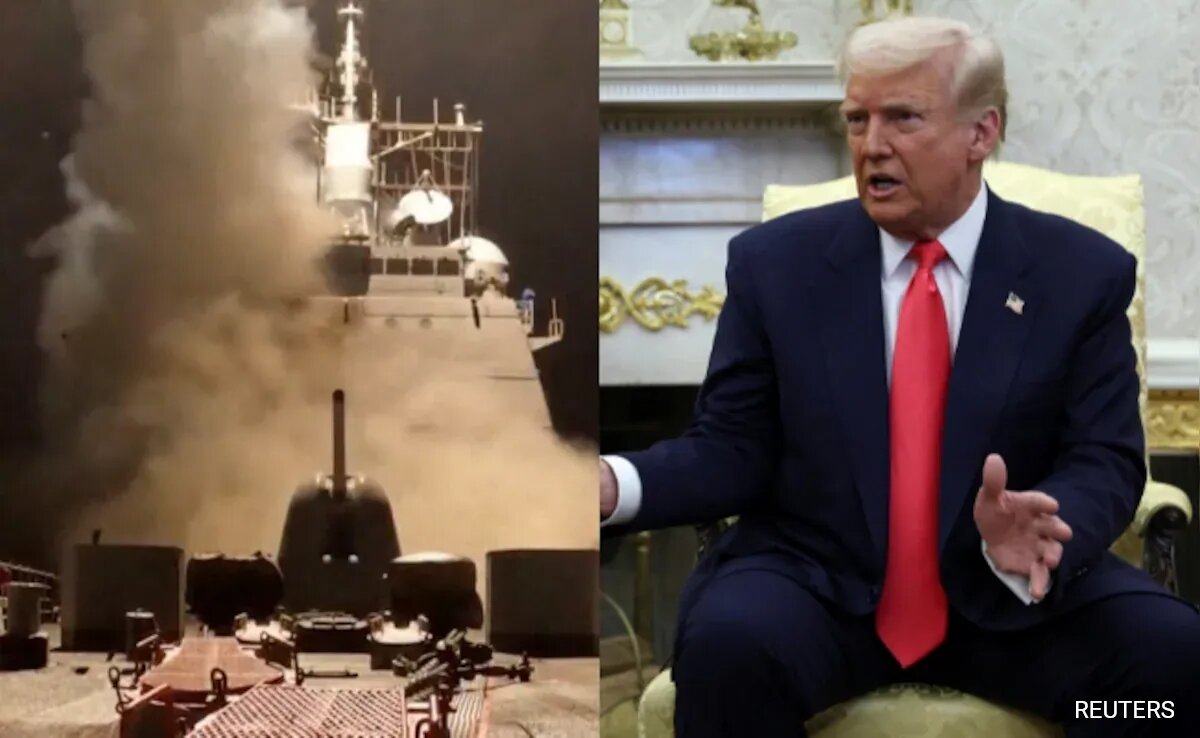
BEIRUT On April 26, 2025, a massive and deadly explosion happened at Irans Shahid Rajaee Port in Bandar Abbas.
Various countries rushed to express sympathy and offer help, except the Lebanese government, specifically its Foreign Ministry run by the Lebanese Forces Youssef Rajai.The Lebanese governments deliberate silence on the tragic incident is shameful, given Tehrans role in supporting Lebanon against Israeli terrorism since the victory of the Islamic Revolution.During the September-November United States -led Israeli aggression on Lebanon, Iran provided tons of relief aid, including medicine and food, in addition to massive financial donations.For his part, and in line with his general policy of subordinating Lebanon to United States -Saudi influence, Prime Minister Nawaf Salam decided to ignore the painful incident, even though Riyadh itself had declared its solidarity with Iran.However, the Iranian ambassador to Beirut, Mojtaba Amani, was summoned to the Lebanese Foreign Ministry by Youssef Raja to object to his post on X in which he, in a highly diplomatically manner, warned about the trap of Youssef Rajain about the trap of Youssef Raja without mentioning Lebanon at all.Iranian ambassadors have a long history of dealing with the Lebanese Forces unwavering hostility!On July 4, 1982, the Iranian Charg dAffaires, Sayyed Mohsen al-Moussawi accompanied by the military attach, Sayyed Ahmad Motevaselian, journalist Kazem Akhavan, and driver Taqi Rastakal Moghaddam was traveling from Damascus to the Iranian embassy in Beirut, coming from Tripoli via the northern coastline.When they arrived at the Jisr al-Madfoun area, where the Lebanese Forces militia had set up a security checkpoint, known as the Barbara Checkpoint, the checkpoint personnel expelled the accompanying Lebanese police forces and abducted the Iranian diplomats.They transferred them to the headquarters of the Lebanese Forces Party in the Karantina neighborhood of Beirut on the orders of former President Bashir Gemayel, the former commander of the Lebanese Forces.Reportedly, the four Iranian diplomats were handed over to Israel, based on the testimonies of some prisoners released from Israeli prisons.The Israeli side has neither denied nor confirmed the presence of the Iranian diplomats, and has long manipulated the issue as a bargaining chip to uncover the fate of its pilot, Ron Arad, who went missing in Lebanon in 1986.Before the victory of the Islamic revolution in February 1979, Iran, under the leadership of Shah Mohammad Reza Pahlavi, was aligned with the American-Israeli project and maintained the closest relations with the Zionist entity.Right from the beginning of his movement against the Shah in 1963, Imam Khomeini (ra) supported the Palestinian cause and denounced the Zionist entity.During the Iranian peoples struggle against the Shah, martyr Sayyed Musa al-Sadr (ra), the founding father of Lebanons contemporary resistance, protected dozens of Iranian activists.
After the victory of the revolution, Imam Khomeini closed the embassy of the Zionist entity and transformed it into the embassy of Palestine.The first to visit Iran was Yasser Arafat (Abu Ammar), and one of the most prominent slogans raised at the time was: Today Iran, tomorrow Palestine.In August 1979, Imam Khomeini declared the last Friday of the holy month of Ramadan as International Quds Day.For this reason, Iran was subjected to numerous conspiracies, including the American ill-fated Tabas Desert attack and the Iraqi Baathist regimes occupation of Khorramshahr in southwest Iran.Nevertheless, following the Israeli invasion of Lebanon, Tehran sent forces from the Islamic Revolutionary Guard Corps to train and support Lebanese resistance forces to confront the Israeli occupation.
This support later paved the way for the establishment of Hezbollah.At the same time, an office for resistance movements was formed in Iran in cooperation between Iranian, Palestinian, and Lebanese leaders.
This activity later became the nucleus for the establishment of the Quds Force as a unit of the Iranian Revolutionary Guard.Tehrans unconditional support was not linked to regional considerations or interests, as Iran paid a heavy price for this support; the nuclear issue was not on the table at the time.The official Iranian position has always been in favor of preserving Lebanons sovereignty.
This, of course, does not fit with the Israeli project espoused by the Lebanese Forces.
This is why it's pro-Israel officials, media, and unscrupulous ministers continue to falsely describe Iran as the enemy and its generous support as an Iranian occupation..
This article first appeared/also appeared in Tehran Times

 18
18








